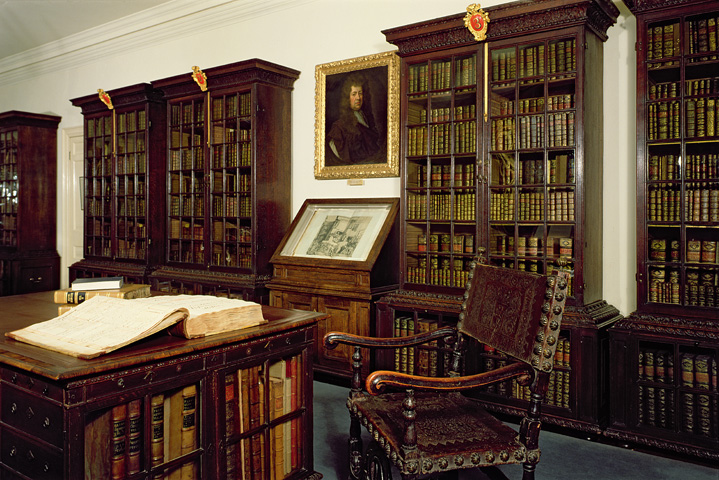
Kate Loveman, University of Leicester
‘Novel reading, novel writing & Samuel Pepys’s diary’
Samuel Pepys’s journal of the 1660s has a complex and entertaining relationship with novels. Pepys was himself a would-be romance writer; he was an enthusiastic reader of prose fictions and his diary has inspired many more. In his diary, Pepys recorded his encounters with novellas, romances, and chroniques scandaleuses, often in French. Such works (along with the diary itself) were in his library when he carefully preserved his collection for posterity. Given that Pepys’s motives for writing his journal remain a puzzle, the fact that he chose to preserve this scandalous record just when chroniques scandaleuses and secret histories were at the height of their popularity merits some probing.
Pepys’s diary was first published in 1825, and from that point it has been increasingly praised for its ‘novelistic’ appeal. His journal certainly rewards reading in novelistic ways – not least in treating Pepys as an unreliable narrator. This type of interpretation has been in evidence since at least the early twentieth century when novels based on the diary started to appear, often focusing on women’s experiences. Novelists have provocatively experimented with the diary, reworking it as historical romance or versions of secret history. While these stories share some of the preoccupations of early novels, they also actively encourage us to reflect on our approaches to history writing.
Kate Loveman is Associate Professor of English at the University of Leicester. She works on seventeenth- and eighteenth-century literature and history, with interests in book history, politics, and Samuel Pepys (whose own interests ranged widely). She is the author of two monographs: Reading Fictions, 1660-1740: Deception in English Literary and Political Culture (2008) and Samuel Pepys and his Books: Reading, Newsgathering, and Sociability (2015). In 2018 she edited The Diary of Samuel Pepys for Everyman. She is currently leading an AHRC-funded project called ‘Reimagining the Restoration’, about the history and reception of Pepys’s diary.
